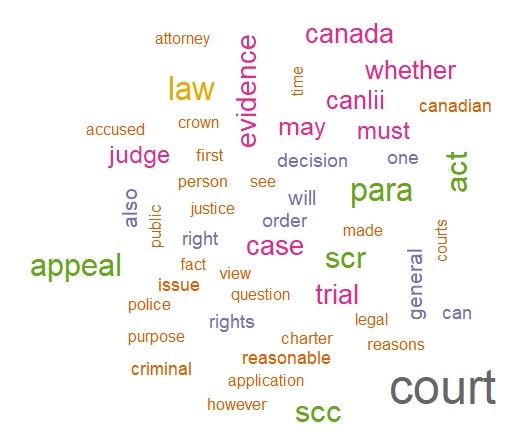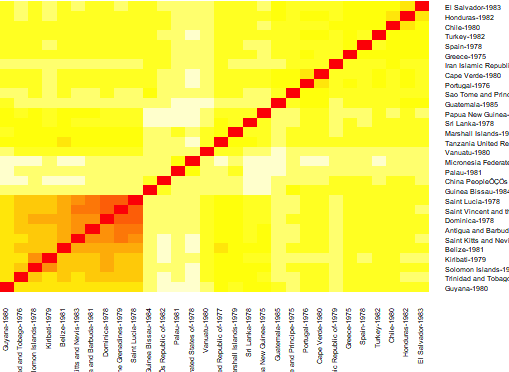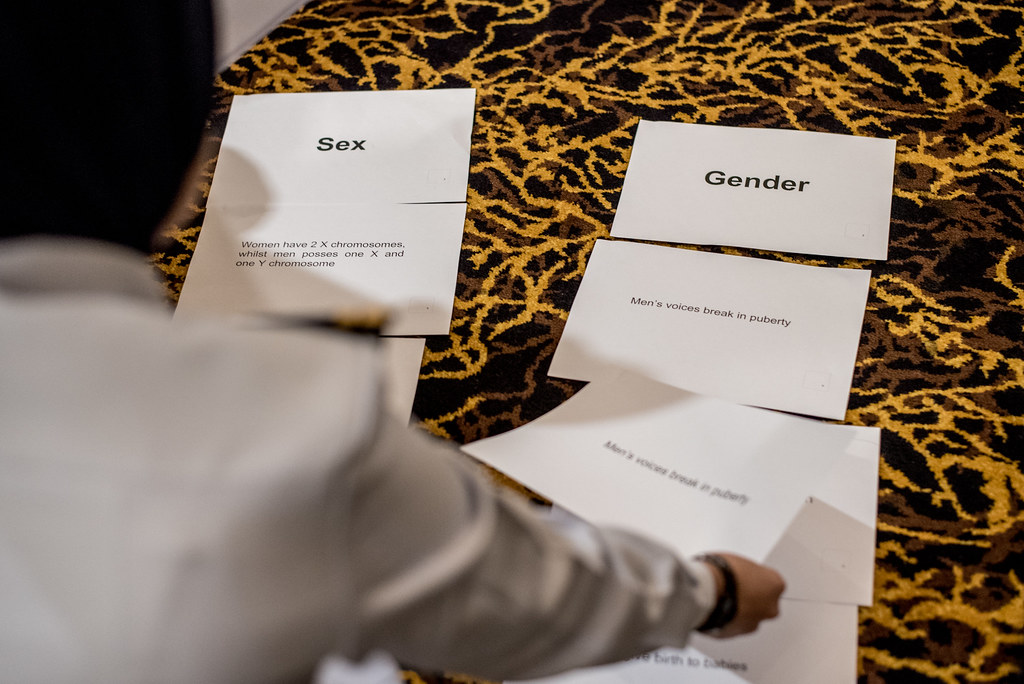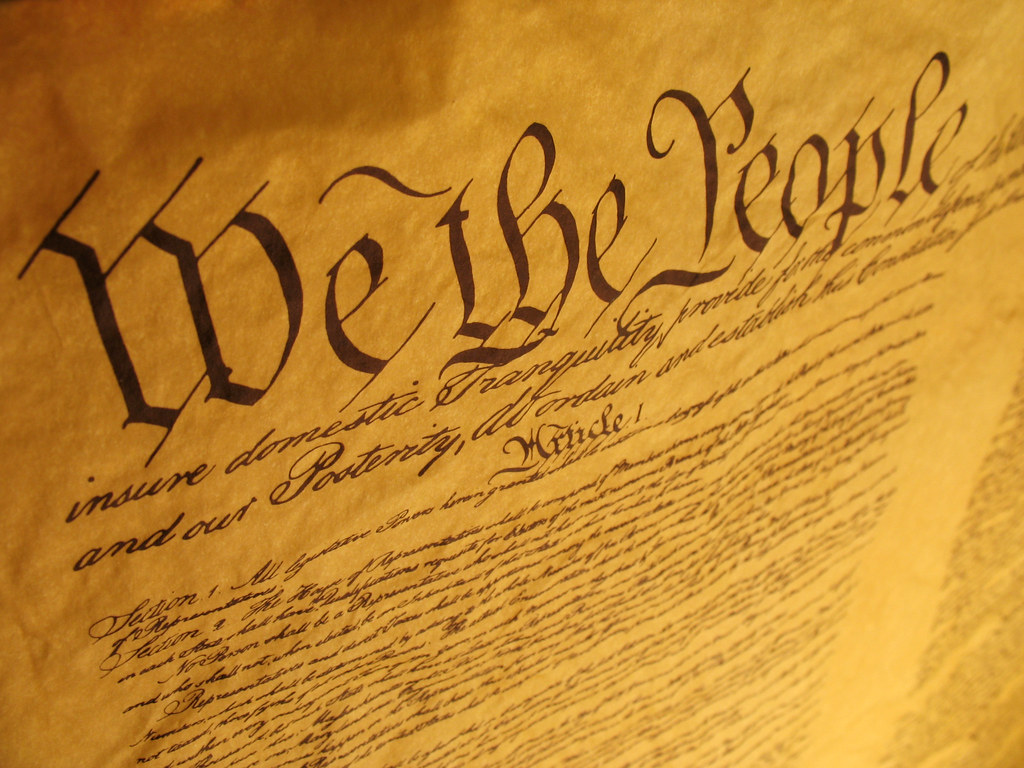Introduction – SCC Data This research was able to find patterns by using a data-driven approach to reading decisions written by the Supreme Court of Canada. The advantage of a data-driven method is that it allows for a “far reading” which can pick up high-level patterns that might get missed when reading a decision. Broadly, […]
Regular expressions, or regexs, look at assigned blocks of text to find user defined patterns. For a basic overview of regexs, both how to use regexs and why, see Data Science for Lawyers Lesson 3 – Regular Expressions. Another great site to experiment and test regexs with immediate feedback is regexr, which will highlight regex […]
E-Commerce is a relatively new area of free trade agreements. The WTO first established a comprehensive work programme on e-commerce in 1998. At the WTO Ministerial Conference in Buenos Aires in 2017 a group of WTO Members agreed to start exploratory talks on e-commerce. Negotiations over a potential multilateral rulebook on e-commerce have been ongoing […]
The world’s constitutions amount to more than 4.6 million words – impossible to investigate thoroughly if you’re only reading it. Data science renders legal analysis scalable and provides lawyers with new tools to tackle big legal data. This series of posts has shown how a few lines of code can investigate the global constitutional landscape […]
A constitution’s primary role is to describe the rules a government must obey when governing a country. The documents set clear “rules of the game” and protect a population from their government’s abuses of power. Yet, in every country, the optimal rules and protections will be different. As a result, protections that may allow one […]
Over the past 125 years, states have consistently updated their laws to protect against discrimination. This means that historically legal systems were ripe with inequities that would not be tolerated by today’s standards. The list of potential grievances is lengthy, but discrimination on the basis of sex and gender would be high on any list. […]
The regulation of firearms is often controversial, but more than half of the constitutions in the world have some sort of language referring to firearms. In offering these protections, countries must balance property rights, protections against tyranny, public safety, and a handful of other considerations. To do so, there is often a need to coordinate […]
Constitutions enshrine the basic rules governing societies. Comparing constitutions can therefore reveal much about the values and institutions that countries have in common and that distinguish them. But, with more than 200 constitutions existing around the world, it is challenging to get a truly global perspective of the constitutional landscape. Fortunately, there is legal data […]
There are few moments in a country’s history that are more important than the adoption of a new constitution. If a constitution is implemented and upheld by the courts, then people are protected from their country’s most egregious abuses of power. The moment at which a constitution is adopted is important because these protections are […]
This post was prepared for the Law Society of Ontario Symposium on AI and its role in litigation on November 13, 2018. The current artificial intelligence (AI) revolution is fueled by the unprecedented availability of big data. Data is the oil of the 21st century, so the saying goes. AI, algorithms and processing power are […]







